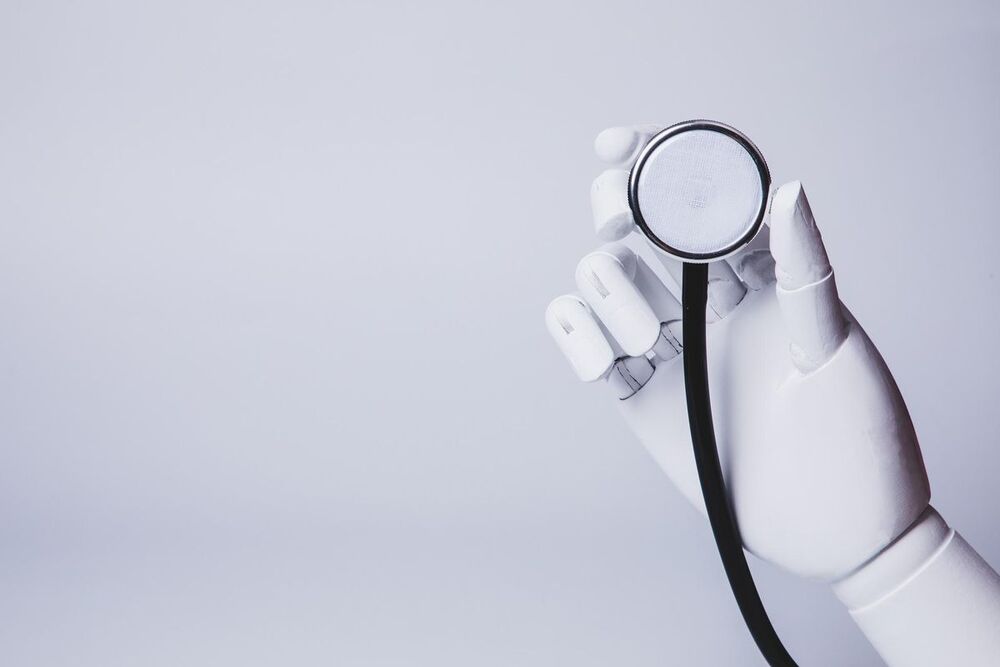Yes, but they wont be trusted til 2035.
Current trends in AI use in healthcare lead me to posit that this market will significantly grow in the coming years. So, should leaders in healthcare expect the emergence of a fully automated electronic physician, sonographer or surgeon as a replacement for the human healthcare professional? Can the development of AI in healthcare help overcome the difficulties the industry faces today? To figure all this out, I would like to analyze the current challenges of using AI in healthcare.
Let’s discuss two promising examples: the application of AI in diagnosis and reading images, and the use of robotic systems in surgery.
Diagnostic Robots: Accuracy And Use For Treatment Recommendations
The success of AI in diagnosing is confirmed by the results of its application in a number of medical studies — for example, in optical coherence tomography (OCT), which requires serious qualifications. Google’s AI-based DeepMind Health system, for instance, demonstrates 94% accuracy of diagnoses for over 50 types of eye diseases in an early trial. Nevertheless, the system operates in conjunction with human experts.
